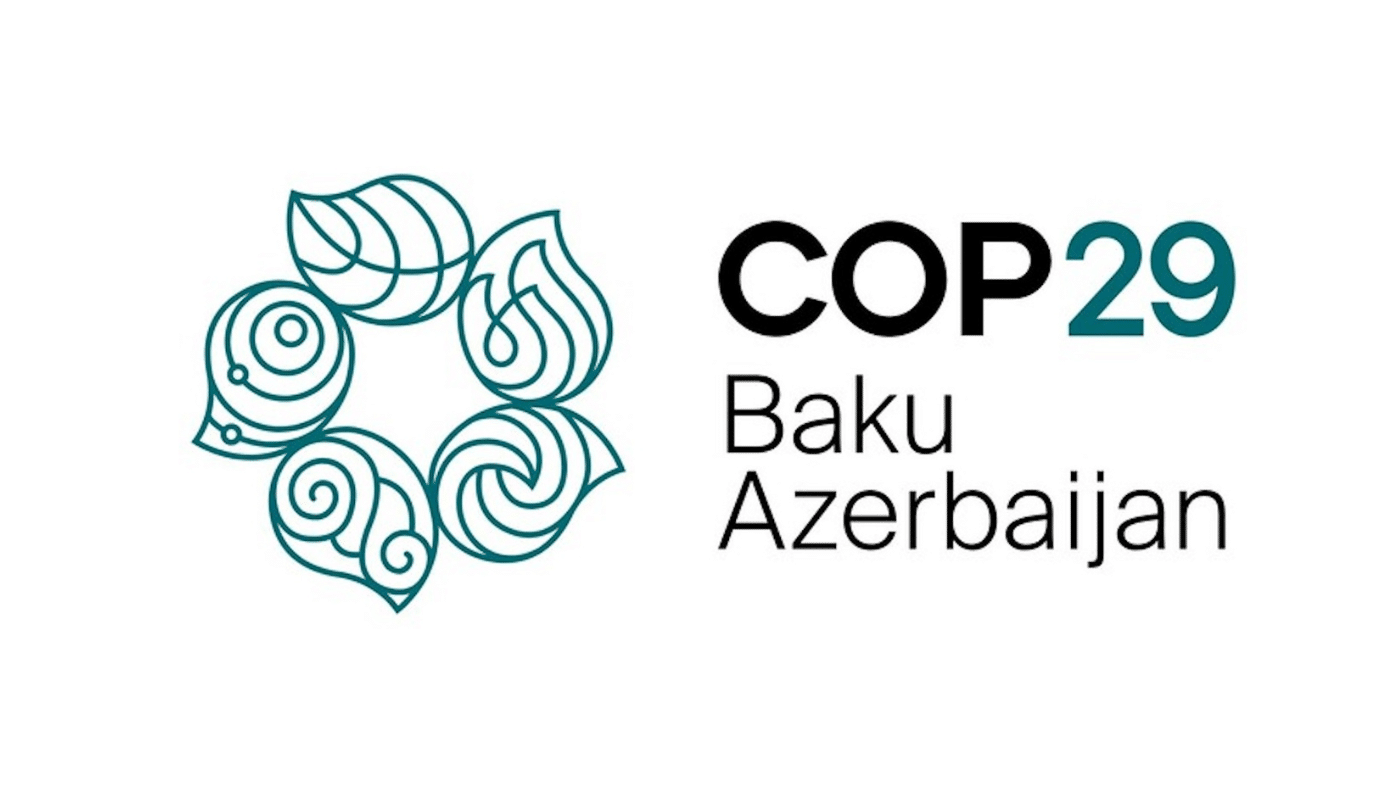With more than 55,000 global delegates and climate negotiators in attendance, the United Nations annual climate summit COP29, hosted in Baku, Azerbaijan, spurred many headlines over two weeks ending November 24.
$300 Billion Per Year Target to Support Developing Nations by 2035
Developed nations pledged to increase support to developing countries to $300 billion annually by 2035. Although this triples the previous $100 billion annual target established in 2011 and achieved in 2022 (two years late), many critics deemed this a failure, stating that developing nations require closer to a $1.3 trillion commitment by 2035 to curb the worst of climate disasters.
“$300 billion does not address the needs and priorities of developing countries,” stated Chandni Raina from the Indian delegation during the summit’s closing session. “I regret to say that this document is nothing more than an optical illusion.” Others, including the World Wildlife Fund (WWF), called the deal a “setback for climate action,” adding that, “this COP failed to send a strong signal on the need to rapidly reduce and phase out fossil fuels.”
Other commentators suggested this target was the best anyone could hope for as a reasonable commitment, given the likelihood the US will exit the agreement once President-elect Donald Trump takes office, along with geopolitical pressures across Europe, such as supporting Ukraine, that could limit financing support.
Formalized Carbon Market Standards
At COP29, negotiators agreed on clearer guidelines for carbon crediting and trading. Article 6.4 establishes a centralized system for creating and trading carbon credits. This system includes mandatory safeguards to protect the environment and human rights, such as requiring informed consent from Indigenous Peoples for projects on their lands. A supervisory body will ensure these standards are met with a detailed action plan.
Article 6.2 explains how countries will authorize and track carbon credit transactions between each other, ensuring transparency and environmental integrity. This aims to boost public confidence in these trades and count them towards national climate targets.
Both articles include provisions for technical reviews and transparent processes to ensure carbon credits are real, measurable, and additional. This helps maintain the credibility and effectiveness of carbon markets.
Fossil Fuel Messages Remain Mixed
COP28 in Dubai, UAE, set a landmark stake acknowledging the link between fossil fuels and global warming for the first time, with an agreement to transition away from fossil fuels by
midcentury. Delegations representing countries with heavy reliance on fossil fuel economies fought language that indicated fossil fuels were to be held responsible.
This trend continued at COP29, and Azerbaijan’s president, Ilham Aliyev, accused Western nations of hypocrisy, calling out European nations for buying Azerbaijani oil while admonishing his country for its slow progress in transitioning away from fossil fuels. Ultimately, the final outcome of COP29 did not explicitly reference transitioning away from fossil fuels.
How COP29 Impacts Companies
Summits like COP29 push commitments and agendas from nations across the globe to make progress on curbing global warming and supporting the peoples least resourced and most impacted by climate change. Regulations are formed from these objectives and goals but rarely make an immediate impact.
Companies in the oil & gas, coal, and other fossil fuel industries may breathe a sigh of relief that their status quo is maintained versus facing increased international hostility. On the flip side, renewable energy firms shouldn’t expect the outcome of COP29 to produce a windfall of new investment.
Carbon traders and offset-producing entities will appreciate greater clarity and progress toward a formal standard for acceptable carbon credits. Meanwhile, the global trend has been moving toward standardization for some time, and this reinforcement won’t necessarily make or break the market’s progress.
Finally, most corporates will not see change directly stemming from this year’s UN Climate Conference for some time, if at all. Expansion of regulations like CSRD, CSDDD, and the California climate laws, along with the adoption of IFRS S1 and S2 across many independent nations, are more pressing areas of focus for the majority of businesses today.

